Essential Casino Security Features to Keep

Casino Security Features to Keep
In the rapidly evolving world of online and offline gaming, security has become one of the foremost concerns for both players and operators. Casinos must implement a comprehensive range of security measures to protect players’ data, financial transactions, and assets. One such platform that prioritizes security is Casino Security Features to Keep You Safe megapari.com, which has established itself as a reliable online casino with robust security features. In this article, we will delve into the key security features that should be maintained in any casino environment to ensure safety and trust among users.
1. Secure Payment Systems
One of the most critical aspects of casino security is the integrity of payment systems. Players need to feel confident that their financial information is safeguarded. Casinos should utilize secure payment gateways that adopt SSL (Secure Socket Layer) encryption protocols, ensuring that all transactions are encrypted and protected from unauthorized access. Furthermore, the inclusion of multiple payment methods, including credit cards, e-wallets, and cryptocurrencies, can also enhance security by allowing players to choose the most secure payment method that suits them.
2. Data Encryption and Privacy Policies
Data encryption is an essential feature for all online casinos. This technology protects players’ personal and financial information from cyber threats and breaches. Casinos should employ the latest encryption technologies, such as TLS (Transport Layer Security), to ensure that all data transmitted between the user and the casino server is secure. Additionally, comprehensive privacy policies should be disclosed, informing players how their data will be collected, processed, and stored. Transparency is crucial in building trust with players.
3. Two-Factor Authentication (2FA)
Two-factor authentication is an additional layer of security that significantly enhances account protection. By requiring players to provide two forms of verification—typically a password and a one-time code sent to their mobile device or email—casinos can mitigate the risk of unauthorized account access. Offering 2FA as an option not only secures accounts but also sends a message to players that the casino takes their security seriously.
4. Regular Security Audits and Compliance
Regular security audits are essential to identify vulnerabilities and areas that require improvements within the casino’s security infrastructure. Independent third-party firms should be employed to conduct these audits, ensuring that the casino complies with industry standards and regulations. Compliance with regulations from reputable gaming authorities not only enhances a casino’s credibility but also provides players with peace of mind knowing that they are playing in a regulated and safe environment.
5. Anti-Fraud Measures

Fraudulent activities can severely damage a casino’s reputation and financial standing. Therefore, implementing proactive anti-fraud measures is paramount. These measures may include monitoring user behavior for signs of suspicious activity, employing AI and machine learning technologies to detect fraud patterns, and utilizing geolocation services to ensure that players are engaging in gambling activities from permitted jurisdictions. By staying one step ahead of potential fraudsters, casinos can maintain a secure environment for all users.
6. Secure Software and Platform Integrity
The software and gaming platforms must also be secure and regularly updated to counteract vulnerabilities. Reliable casinos collaborate with established software providers who prioritize security in their game development processes. Additionally, integrating firewalls and intrusion detection systems can help protect the casino’s server and player data from cyberattacks. Regular updates and patches are necessary to secure any potential vulnerabilities as they arise.
7. Player Education and Support
Educating players on best practices for online security can significantly reduce the risk of security issues. Casinos can provide resources and tutorials on creating strong passwords, recognizing phishing attempts, and reporting suspicious activity. Moreover, having a responsive customer support system in place allows players to quickly report any concerns they may have and get assistance on security-related issues.
8. Responsible Gambling Practices
Promoting responsible gambling creates a safe and enjoyable environment for players. Casinos should implement measures such as self-exclusion tools, deposit limits, and reality checks to help players gamble responsibly. By prioritizing player safety, casinos not only comply with regulations but also build a positive relationship with their customers.
9. Incident Response Plan
Having a well-defined incident response plan is critical in the event of a data breach or security threat. This plan should outline the steps to be taken in response to different types of security incidents, including communication strategies and legal obligations. Regularly reviewing and updating the incident response plan ensures that the casino is prepared to handle any security issues effectively.
Conclusion
Casino security features are not merely an add-on; they are the foundation of a trustworthy gaming environment. By implementing secure payment systems, data encryption, two-factor authentication, and a robust incident response plan, casinos can protect their players’ interests and thrive in a competitive market. Moreover, educating players on security best practices further reinforces the casino’s commitment to safety. By prioritizing these security features, casinos can ensure a safe gambling experience while building long-term relationships with their players. In a time when security is paramount, investing in these features is not just a requirement but a responsibility.

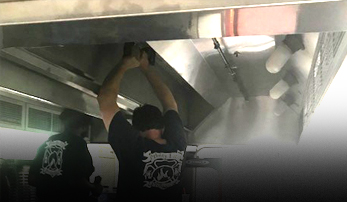
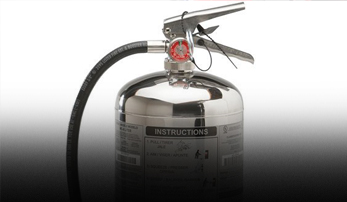
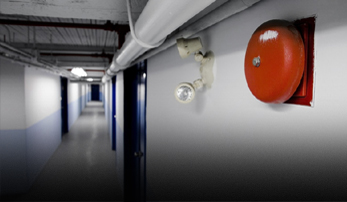

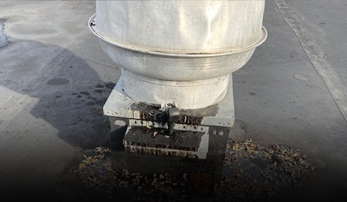
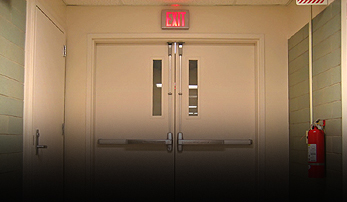


Recent Comments